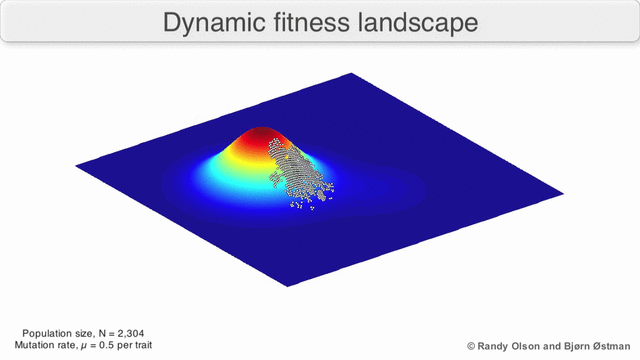Nope!
Quando vi esta fotografia pensei logo nos muitos empresários que ainda não perceberam o filme em que estão metidos.
Muitas pessoas e organizações são capazes de se alhear em relação às mudanças do contexto e não perceber o seu potencial impacte. Assim, são capazes de adiar a mudança que permitirá fazer face ao que só daí a alguns anos se materializará na parede contra a qual vão bater. Basta recordar o caso das escolas privadas, como ainda esta semana referi.
Há anos que escrevo aqui sobre a evolução demográfica. Por exemplo:
- Tudo o resto é espuma... (Outubro de 2006)
- Fico com a ideia de que muita gente ainda não percebeu isto (Maio de 2017)
- Sintomas do sorrateiramente (Janeiro de 2018)
- O que aí vem! (Marlo de 2018)
- Do contra (parte II) (Junho de 2018)
- A onda demográfica (Maio de 2019)
Sabem o que acontece às empresas que aumentam os salários para lá do aumento da produtividade? Não têm futuro, fecham!confesso que esta evolução demográfica https://t.co/60ZehA3JGW e o fim da China como fábrica do mundo, já me puseram a namorar esta ideia https://t.co/Kl3ri4hXJc de q em certas zonas do país o SMN já está a prejudicar os trabalhadores. Sem SMN ganhariam mais— Carlos P da Cruz (@ccz1) January 10, 2018
Recordo algumas reflexões:
- "Espero que não vos tremam as pernas quando as empresas começarem a cair como tordos" (Janeiro de 2019)
- Uma revolução que vai ter de acontecer (Maio de 2019)
Assim como muitas empresas têxteis francesas e alemãs se deslocalizaram para Portugal nos anos 60 e 70, porque o aumento de produtividade no sector na França e na Alemanha era incompatível com o aumento dos salários na França e na Alemanha, também por cá começaremos a sentir cada vez mais relatos deste tipo. Empresas com encomendas a terem de fechar porque não conseguem captar trabalhadores, ou não conseguem ganhar o dinheiro suficiente para pagar as dívidas.
Recordar a velhinha citação de Maliranta acerca da Finlândia acrescida da frase de Nassim Taleb:
"It is widely believed that restructuring has boosted productivity by displacing low-skilled workers and creating jobs for the high skilled."Por fim, Maliranta confirmado por Nassim Taleb:
Mas, e como isto é profundo:
"In essence, creative destruction means that low productivity plants are displaced by high productivity plants."
"Systems don’t learn because people learn individually – that’s the myth of modernity. Systems learn at the collective level by the mechanism of selection: by eliminating those elements that reduce the fitness of the whole, provided these have skin in the game"Recordar esta "Especulação perigosa" de Novembro último.



















%2006.21.jpeg)












